Tensions Rise as Iran Seeks Indirect Talks with the U.S., Warns Neighbors of Potential Consequences
- by Abdullah Muhammad, RNG247
- about 9 months ago
- 179 views
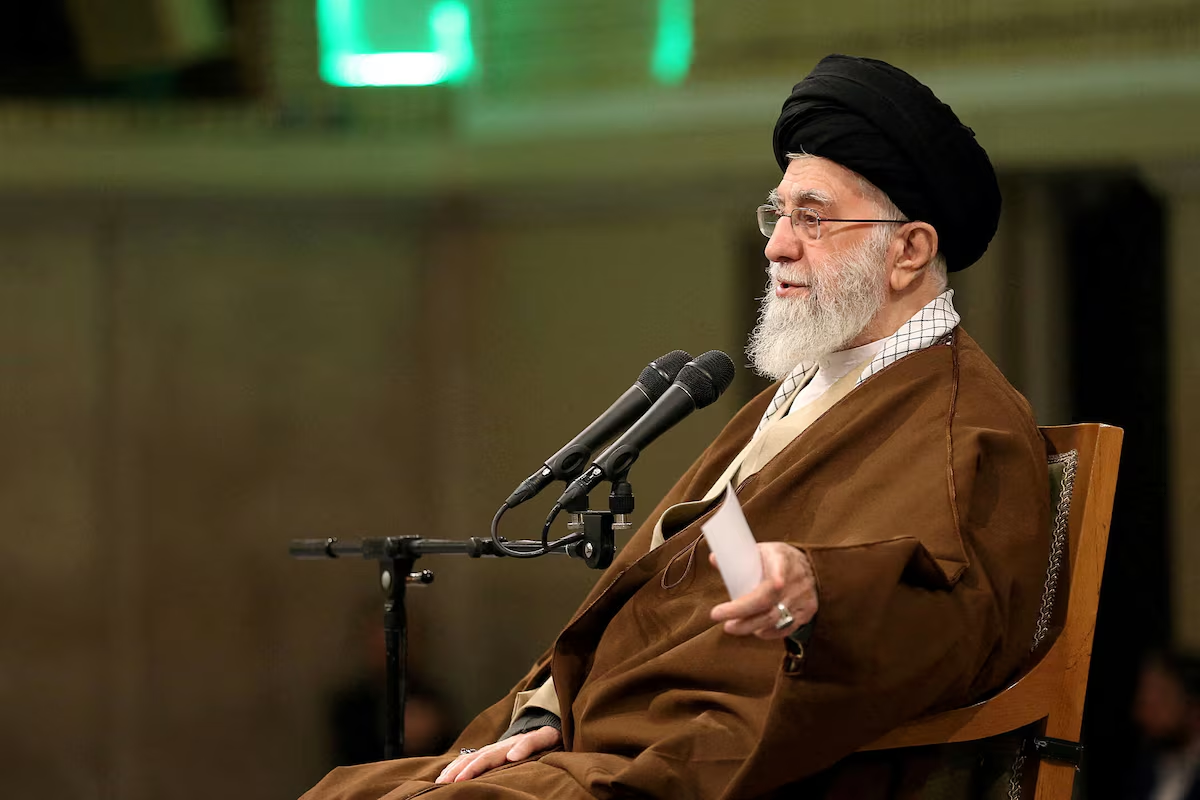
In a notable escalation of rhetoric, Iran has firmly rebuffed U.S. President Donald Trump’s calls for direct negotiations regarding its nuclear ambitions. Instead, Iranian officials are pushing for a continuation of indirect communication through traditional channels, specifically Oman. This decision comes as a senior Iranian official cautions neighboring countries hosting U.S. military bases that they risk becoming involved in any conflict sparked by American actions.
The Iranian official, who requested anonymity, emphasized, “Indirect talks offer a chance to evaluate Washington's seriousness about a political solution with Iran.” Although the path ahead may be fraught with challenges, there’s hope that negotiations could commence soon if the U.S. adopts a more supportive stance.
Iran has formally alerted Iraq, Kuwait, the United Arab Emirates, Qatar, Turkey, and Bahrain that any assistance for a U.S. offensive—including permitting military operations from their airspace—would be perceived as an act of hostility. The consequences of such actions “will be severe,” the official warned, noting that Supreme Leader Ayatollah Ali Khamenei has ordered Iran’s armed forces to maintain a state of heightened readiness.
The backdrop of these tensions is a region already on edge, with ongoing conflicts in Gaza and Lebanon, military operations in Yemen, and escalating hostilities between Israel and Iranian forces. The potential for a broader confrontation looms large, particularly in the Gulf region, which is vital for the global oil supply.
When approached for a response, officials in the governments of Iraq, Kuwait, the UAE, Qatar, and Bahrain were unavailable for comment. Meanwhile, Turkey’s Foreign Ministry indicated it was unaware of any warning but acknowledged that such messages might be communicated through different channels.
Reports from Iranian state media indicated that Kuwait has reassured Tehran that it will not harbor any aggressive military actions against neighboring countries from its territory. Additionally, Russia, a key ally of Iran, condemned U.S. threats of military action in a statement on Thursday, calling for a path of restraint.
Despite their alliance, Iranian officials remain wary about Russia's commitment, suggesting the dynamics of U.S.-Russia relations could influence Moscow’s support. One Iranian official noted, “This depends on the dynamics” between Trump and Russian President Vladimir Putin.
A Potential Two-Month Window for Progress
President Trump has publicly stated a preference for a diplomatic resolution over military confrontation, having proposed talks to Khamenei in a letter dated March 7. A potential framework for indirect negotiations is emerging, with Omani mediators facilitating discussions between Iranian and U.S. representatives. Khamenei has granted permission for Foreign Minister Abbas Araqchi or his deputy, Majid Takht-e Ravanchi, to engage in these discussions.
Iranian officials believe there exists a critical two-month window to establish an agreement. This urgency is fueled by concerns that Israel might initiate military actions if negotiations drag on, along with the risk of a "snap back" of international sanctions aimed to curtail Iran’s nuclear development efforts.
Historically, Iran has adamantly denied any intentions to develop nuclear weapons but is reportedly accelerating uranium enrichment efforts close to weapons-grade levels, as noted by the U.N. nuclear watchdog. Western governments argue there’s no justification for enriching uranium to the extent Iran is pursuing under any civilian nuclear program, emphasizing that no other nation has undertaken such actions without moving toward weaponization.
While Iran has indicated a willingness to engage in discussions to address international concerns regarding its nuclear program, it has categorically rejected direct negotiations under threat and maintains that its missile program will not be up for debate. A senior commander from the Islamic Revolutionary Guards Corps insinuated that U.S. military installations in the region could face retaliation if conflict arises, recalling Iran’s 2020 missile strikes on U.S. bases in Iraq following the assassination of Major General Qassem Soleimani.
As the clock ticks on potential diplomatic solutions, all eyes remain on Tehran and Washington, with the future of regional stability hanging in the balance.




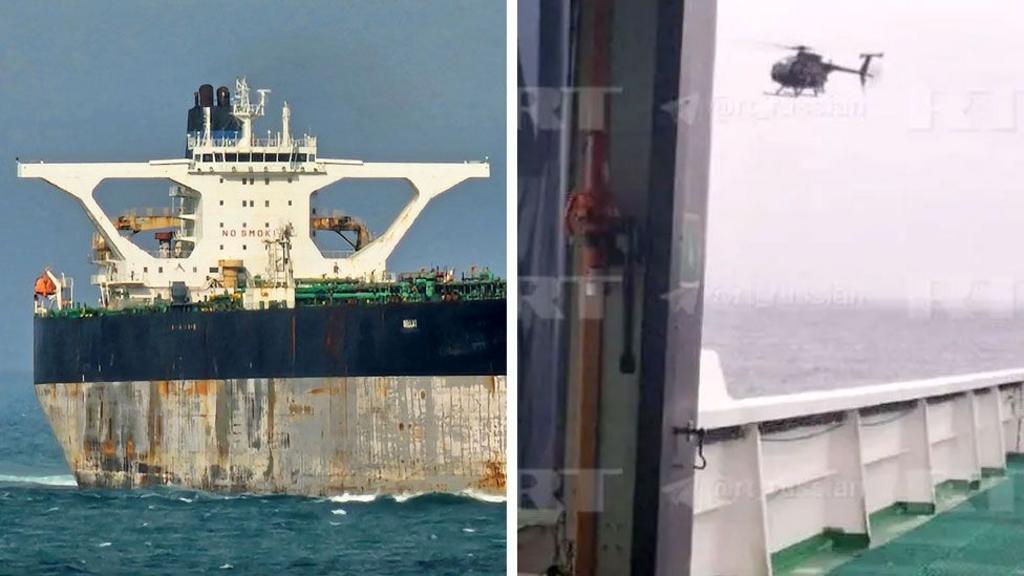
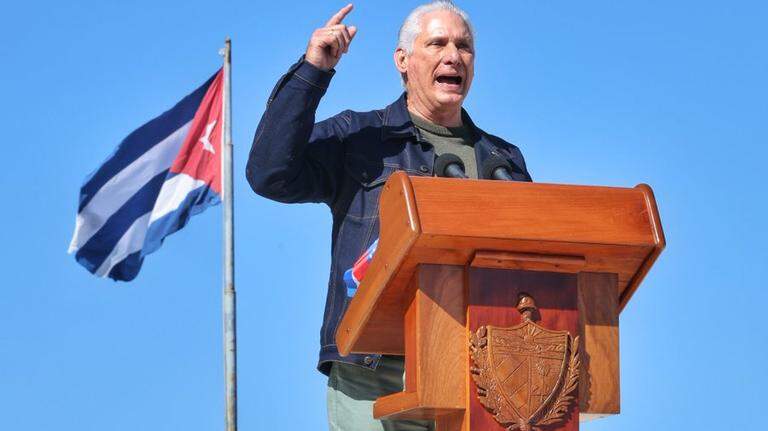
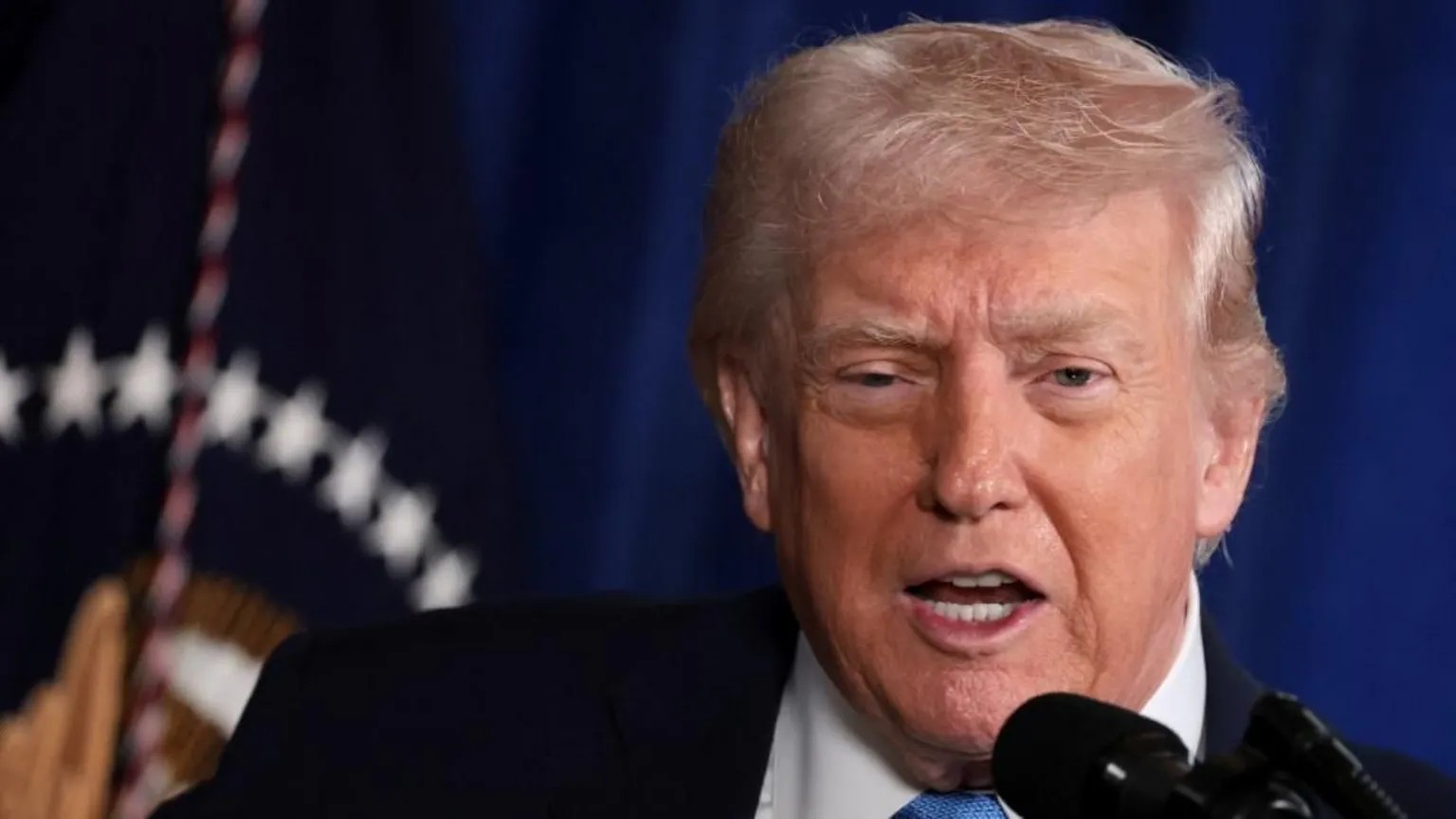
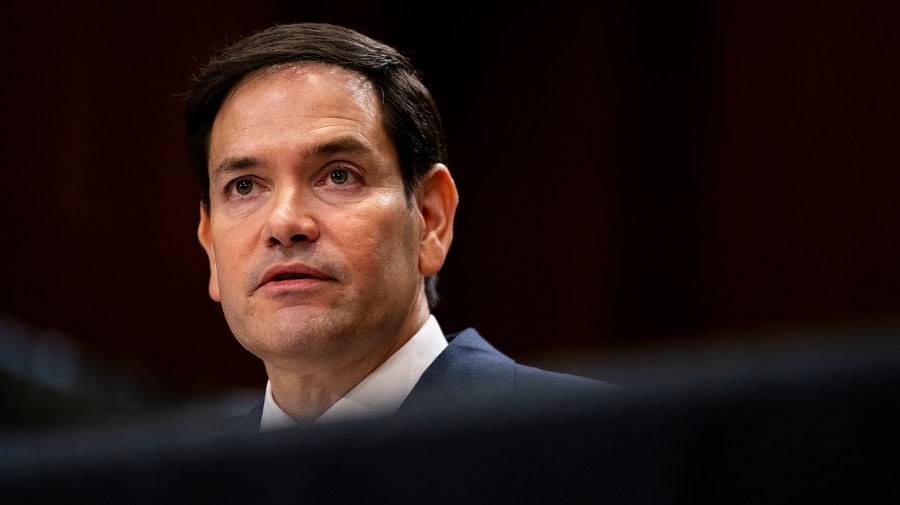
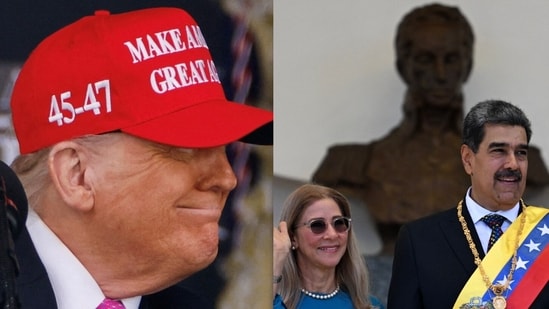
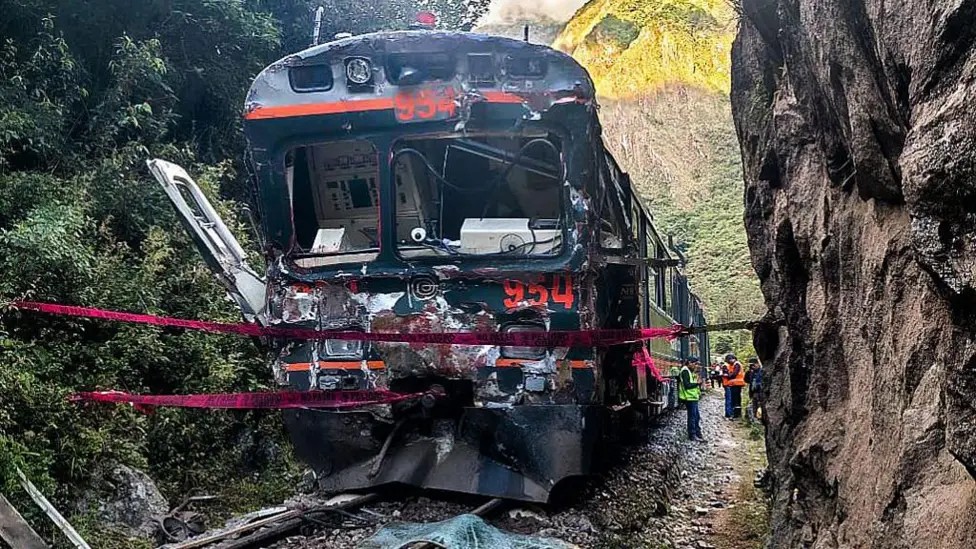



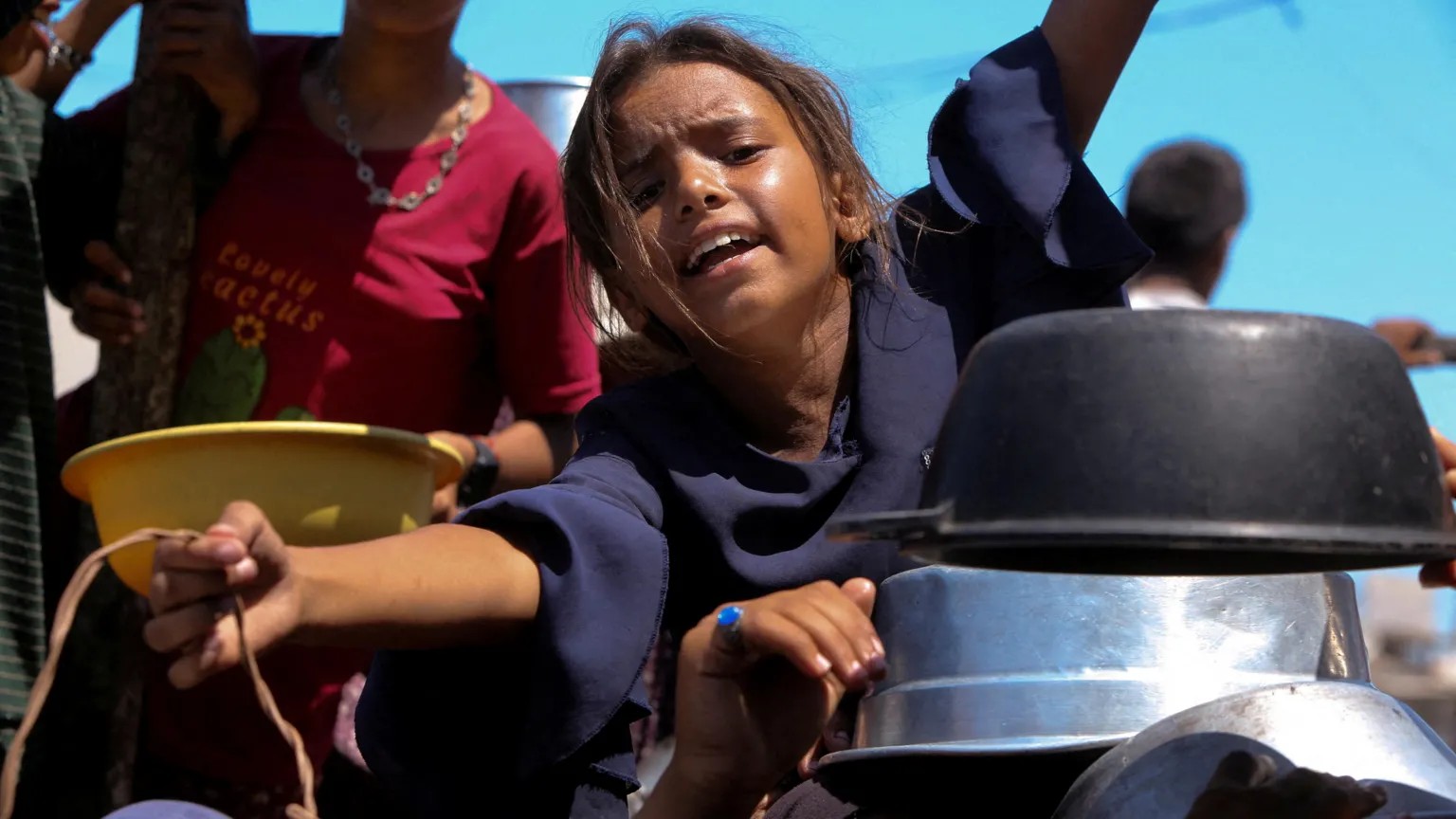
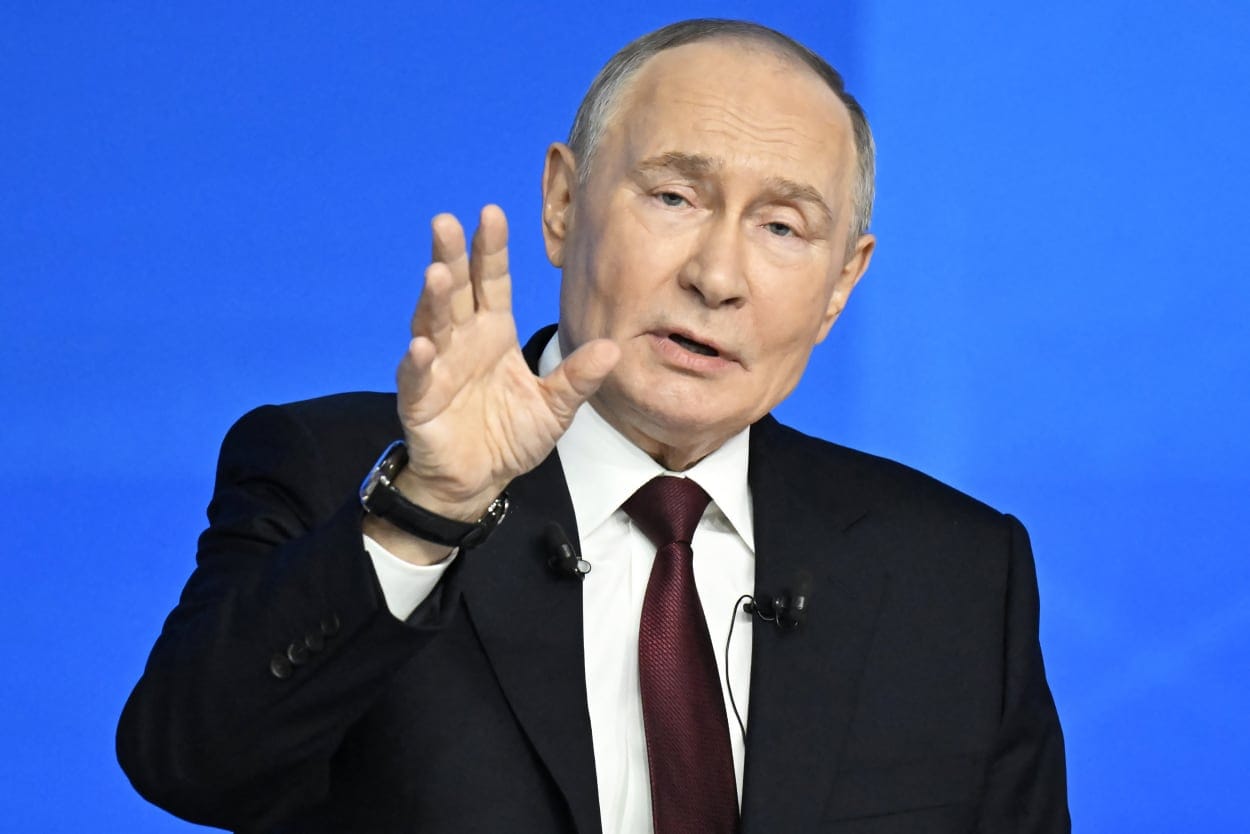

0 Comment(s)